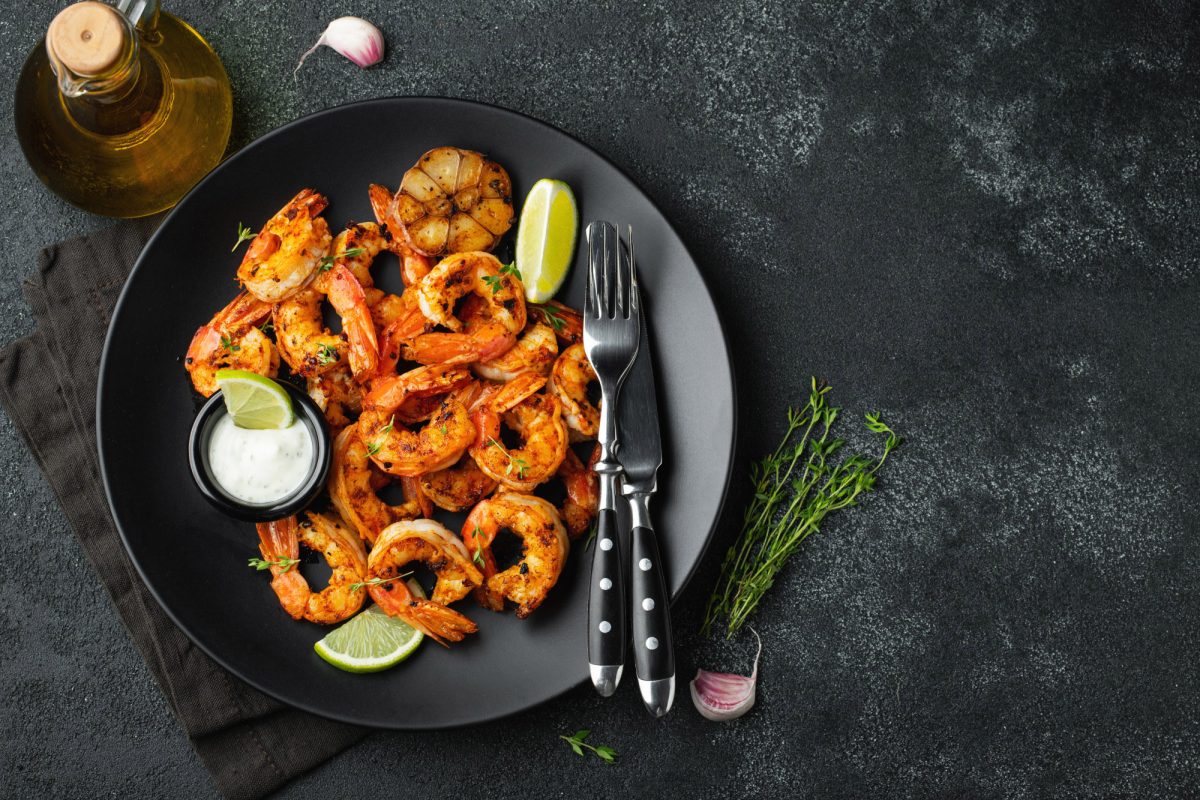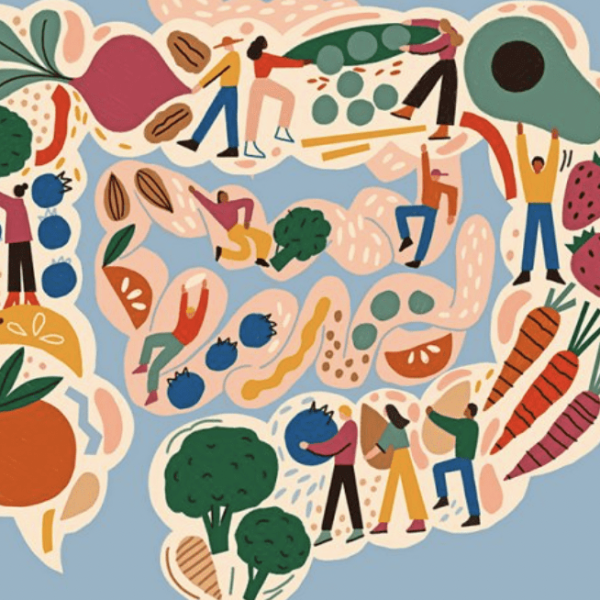Seafood is a delicious and nutritious part of a healthy diet. With its unique blend of protein, healthy fats, and essential vitamins and minerals, it’s no wonder why seafood is a favourite among health enthusiasts. In this blog post, we will dive into the many benefits of seafood and explore why it should be a staple in your diet.
Benefits of Eating Seafood
Seafood is a nutrient-dense food that can provide numerous health benefits. Here are just a few of the many reasons why seafood should be a regular part of your diet:
- High in Protein
Seafood is an excellent source of protein, which is essential for building and repairing muscle tissue. Protein also helps to keep you feeling full, which can help you manage your weight.
- Rich in Omega-3 Fatty Acids
Seafood is one of the best sources of omega-3 fatty acids, which are essential for brain health and heart health. Omega-3s have been shown to reduce inflammation, lower blood pressure, and improve cholesterol levels.
- Good for Brain Health
Seafood is rich in essential nutrients for brain health, including omega-3 fatty acids, vitamin D, and iodine. Studies have shown that consuming seafood regularly can help to improve cognitive function and reduce the risk of dementia.
- Low in Saturated Fat
Most types of seafood are low in saturated fat, which can be harmful to heart health when consumed in excess. Eating seafood instead of high-fat meats like beef and pork can help to improve your overall health.

Best Seafood to Eat for Optimal Health
While all types of seafood can be beneficial for your health, some varieties are exceptionally nutrient-dense. Here are a few of the best seafood options to include in your diet:
- Salmon
Salmon is an excellent source of omega-3 fatty acids, protein, and vitamin D. It’s also low in mercury, making it a safe choice for pregnant women and children.
- Sardines
Sardines are a great source of protein, omega-3 fatty acids, and vitamin D. They’re also low in mercury and can be a budget-friendly seafood option.
- Shrimp
Shrimp is a low-fat, high-protein seafood that is rich in nutrients like selenium and vitamin B12. It’s also a great source of omega-3 fatty acids.
- Trout
Trout is a type of freshwater fish high in omega-3 fatty acids, protein, and vitamin D. It’s also low in mercury and can be a great alternative to salmon.
How to Incorporate Seafood into Your Diet
If you’re new to eating seafood or looking for new ways to incorporate it into your diet, here are a few tips to get you started:
- Start with Milder Flavors
If you’re not used to eating seafood, start with milder-tasting options like tilapia or cod. These types of fish are less “fishy” in taste and can be a great way to ease into seafood.
- Try Different Cooking Methods
Seafood can be prepared in a variety of ways, including baking, grilling, and frying. Experiment with different cooking methods to find the ones that you enjoy the most.
- Add Seafood to Your Favorite Recipes
Seafood can be added to many dishes to increase their nutritional value. Try adding shrimp to pasta dishes or salmon to salads for a healthy and flavorful meal.
Takeaway
Seafood is a delicious and nutritious part of a healthy diet. With its high protein content, omega-3 fatty acids, and essential vitamins and minerals, seafood can provide numerous health benefits. Incorporating seafood into your diet can be a fun and delicious way to improve your overall health.
By trying new types of seafood and experimenting with different cooking methods, you can find new ways to enjoy this nutritious food. So, the next time you’re looking for a healthy and flavorful meal, don’t forget to include seafood on your plate!





















Share this article